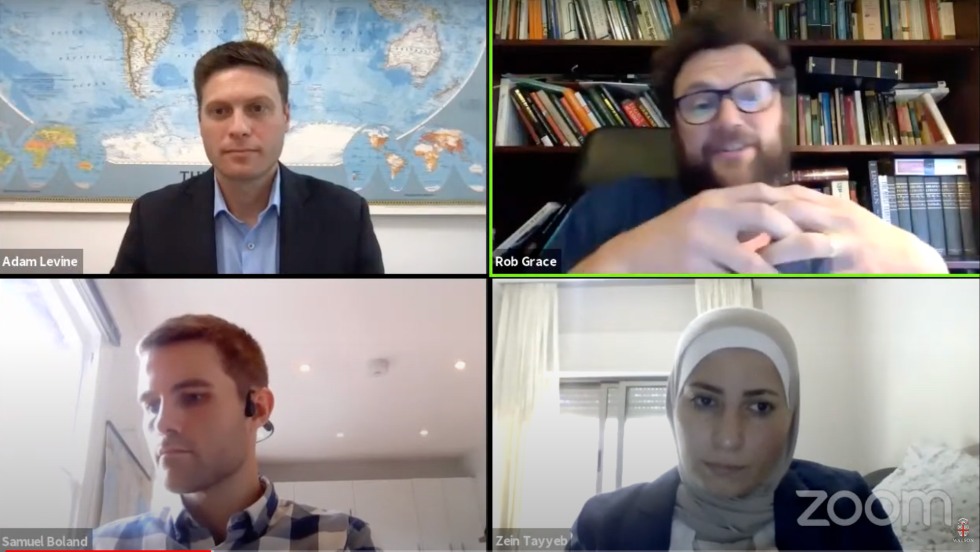This Research Symposium on Civilian-Military Humanitarian Coordination was hosted by Brown University’s Center for Human Rights and Humanitarian Studies and the U.S. Naval War College’s Humanitarian Response Program with support from the R. Dudley Harrington, Jr. Charitable Foundation, the US State Department Bureau of Population, Refugees, and Migration, and the U.S. Naval War College Foundation. During the half-day symposium, researchers from across the globe presented cutting-edge public health, social science, and legal research that examined key questions regarding humanitarian civil-military coordination. Through robust Q&A discussions, the presenting research teams engaged with a diverse audience composed of humanitarian practitioners, military personnel, human rights leaders, public health professionals, and academics. The presentation topics covered during the symposium were:
Civilian-military interaction in conflicts: a preliminary analysis of best practices and perceptions from the Syrian Refugee Crisis in Jordan | Zein Tayyeb, Samuel Boland and Rob Grace
Humanitarian Leadership in Urban Communities: An Exploratory Study on the Role of Community Leaders in Humanitarian Coordination during the COVID-19 Pandemic in the Philippines | Maria Carinnes Alejandria
Civil-Military Engagement During Public Health Emergencies: A Comparative Analysis of Domestic Responses to COVID-19 | Samuel Boland and Rob Grace
China and The Future of HA/DR Operations in Great Power Competition | Robin Watters and Alex Tripplet
Humanitarian Notification Systems for Deconfliction: Purposes and Stakeholders | Brittany Card, Jonathan Robinson, Bailey Ulbricht and Allen Weiner
